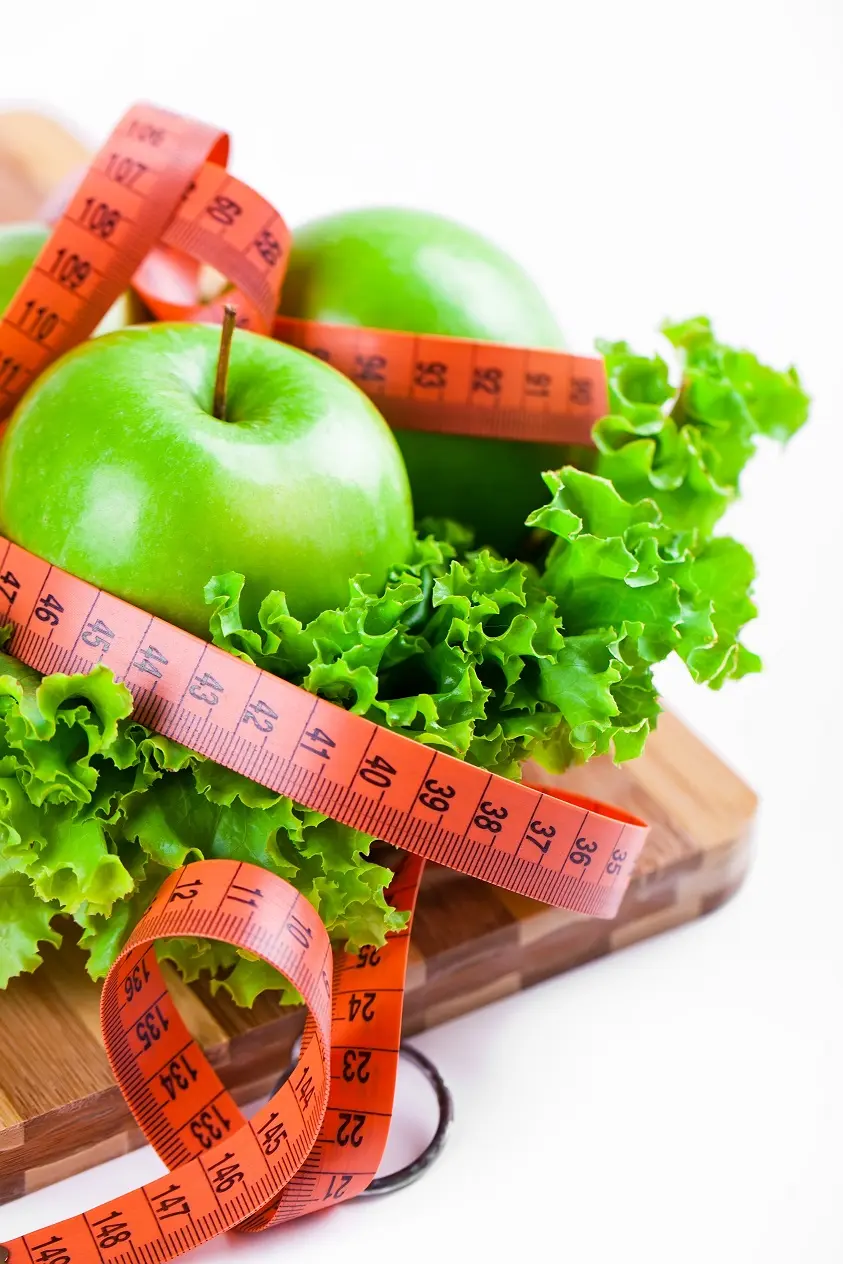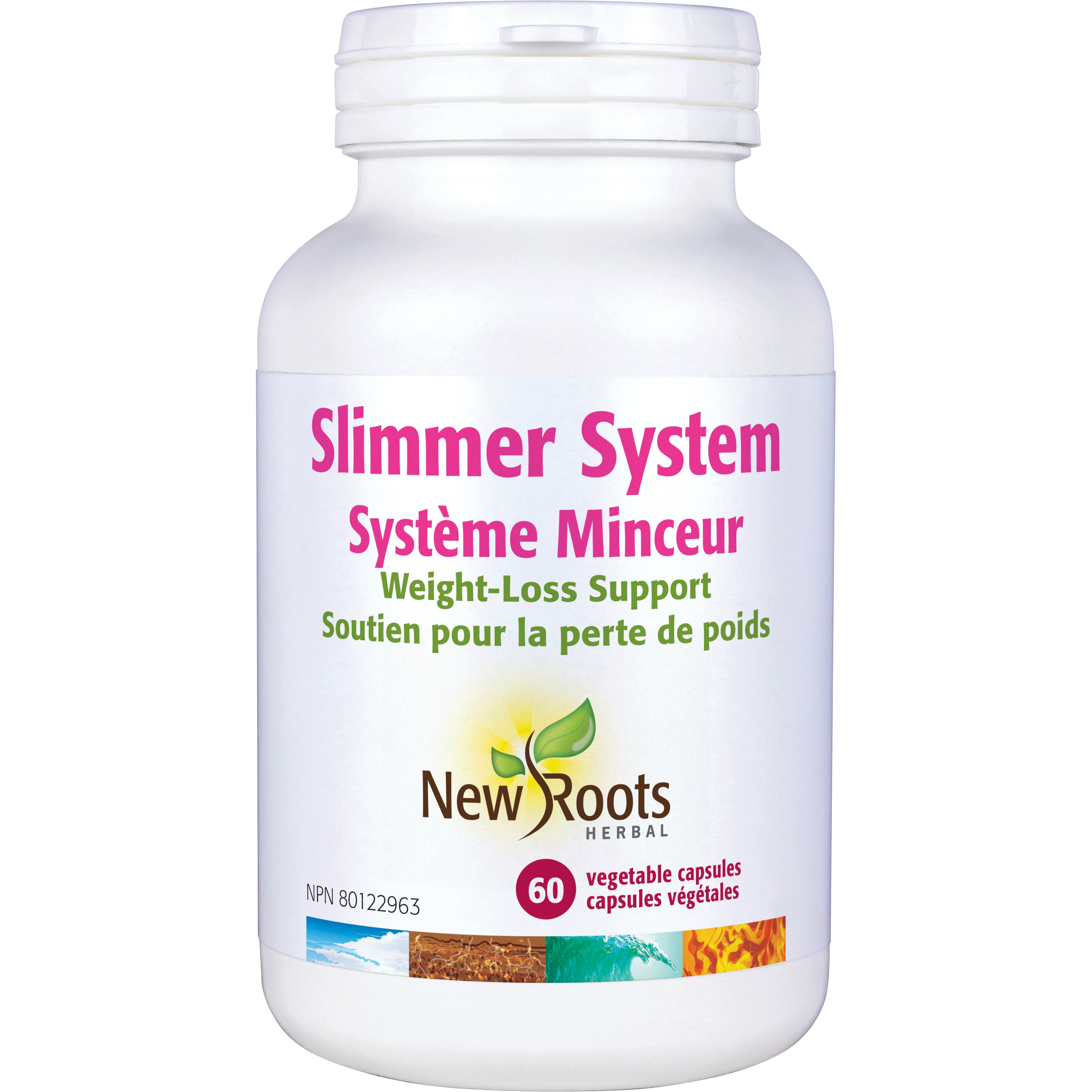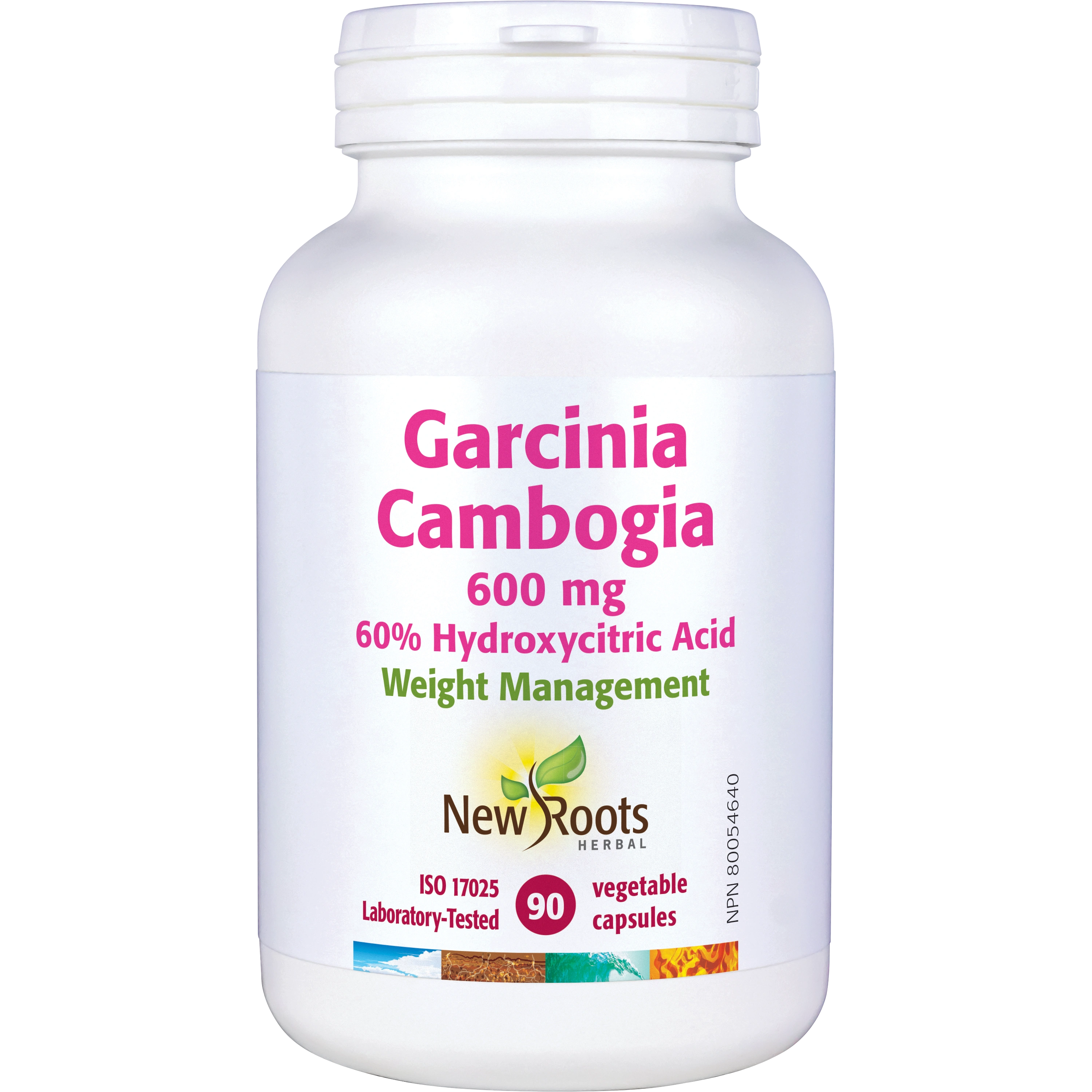Losing Weight—Harder Than Before

Canadian researchers from the universities of York
(Toronto) and Alberta (Edmonton) have shown that
it’s harder to lose weight today than it was in 1971.
They compared information from a database (The
National Health and Nutrition Examination Survey
[NHANES]) that includes 36,377 U.S. adults
whose eating habits were studied between 1971
and 2008, and 14,419 more adults whose physical
activity was studied between 1988 and 2006.
Based on a statistical model, their analysis reveals
that a person eating the same number of calories
in 2008 as a similar person in 1971 weighed 10%
more![1]
Additionally, in a comment by nutritionist Leslie
Beck (from Toronto) about this study, we learn
that, according to a Statistics Canada survey,[2]
we actually consume fewer calories than our
parents![3] And yet…
Overweight and Obesity Rates Continue to Climb. Why?
The study results lead us to one explanation. In the U.S., consumption of carbohydrates (by proportion of total diet) increased by 10–14%, but consumption of protein and fat decreased by 5–9%. This shows that type of food has changed: it is now more industrialized and more refined. Like the researchers, Leslie Beck points an accusing finger at the unnatural energy sources that exist today. She also draws our attention to other potential causes.
We live in a much more toxic environment now than in the 1970s. Numerous chemicals have appeared in our environment, and many of them act as hormone disruptors (pesticides, food additives, cosmetics, flame retardants, etc.). Constant exposure to these substances—from the womb to the tomb—could be reprogramming our metabolisms.
And that’s not all! Several drugs, such as antidepressants, have weight gain as a side effect, and the number of prescriptions for these drugs is growing.
Our hectic lifestyle, the necessity (often self-imposed) of being constantly connected (cyberaddiction), and chronic lack of sleep (we sleep on average one hour less per night than 100 years ago), with ensuing high levels of stress, affect our levels of cortisol (the stress hormone) and can increase blood sugar and waist size.
I Want to Lose Weight, But How?
If I tell you that losing weight means diet and exercise, you will tell me there’s nothing new here. True. But what you may not be aware of is that cutting calories isn’t necessary to lose weight. The trick is to improve the quality of what we eat: Reducing additives and refined foods, and increasing raw food and home-cooking. We eat too many carbohydrates (sugars and starches), and not enough protein and good fats.
Next comes physical activity. If we are more efficient than our parents at storing energy, then we must also be more effective at burning the surplus. The choice of activity is yours, but it is important to exercise enough to heat up, for at least half an hour a day, five times a week.
Finally, since hormonal disruptors can also be among the culprits, we must also incorporate organic foods in our diets as much as possible, reduce our use of plastic in the kitchen, etc. Since they can accumulate in the body, we must find a way to get rid of them. Many authorities in conventional health sciences have spoken out against detox products, but perhaps we should consider these more. Some plants, including milk thistle, can help the body facilitate the removal of these noxious substances.
In her article, Leslie Beck ends with these words of wisdom: If you have a good diet, you are active, and you love life, remember that your healthy weight may be higher than you think. In addition, some people are more sensitive to environmental factors, and therefore have more problems controlling their weight. In short, be realistic with your weight goals, and free yourself from size obsession. Life is too beautiful and short to miss out on for a spare tire, no matter where resides on your body.
To your health!
References
 Jean-Yves Dionne, Pharmacist
Jean-Yves Dionne, Pharmacist
A pharmacist, trainer, clinical consultant, and scientific
advisor in natural health products. He also teaches at
the Université de Montréal and at Université de Laval.





